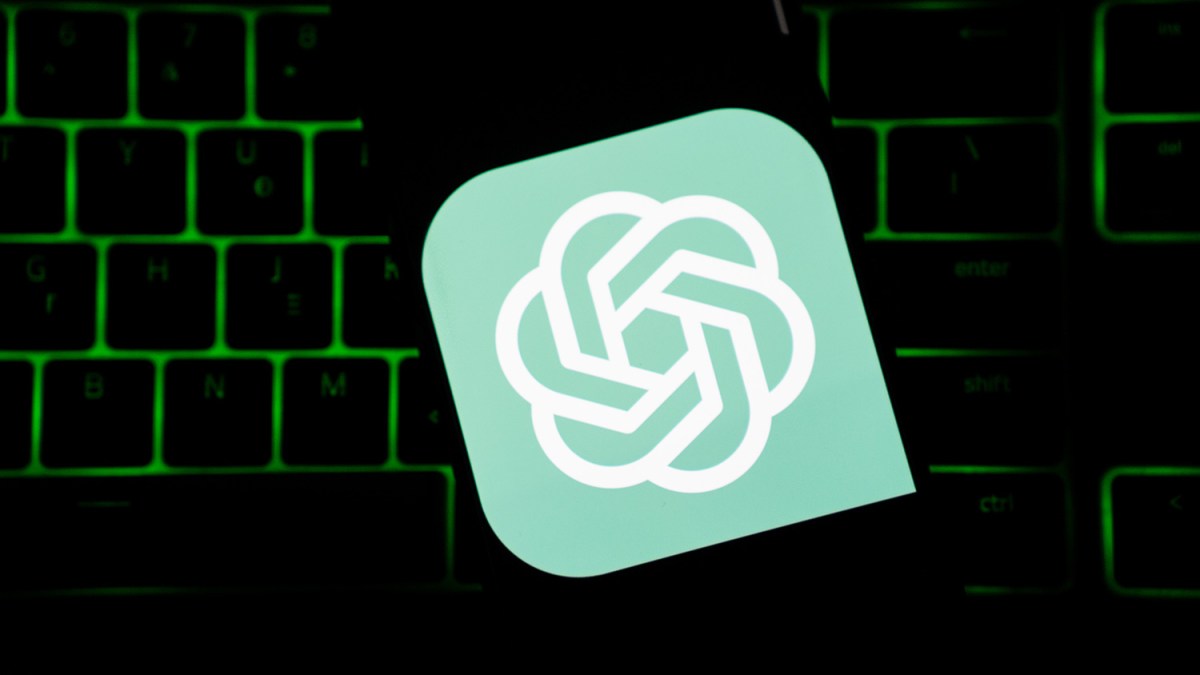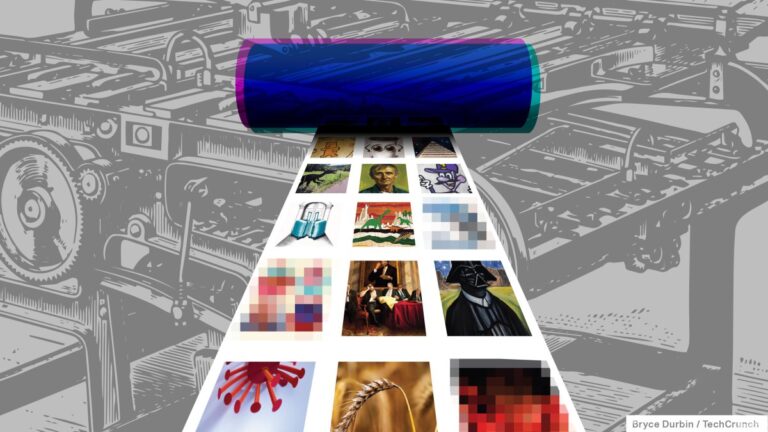Rising Trend: Teens Embrace ChatGPT for Schoolwork Amidst Its Flaws
Younger members of Generation Z are increasingly turning to OpenAI’s AI-powered chatbot, ChatGPT, for assistance with their schoolwork. A recent survey conducted by the Pew Research Center highlights this trend, revealing that many teens may not be fully aware of the potential drawbacks of relying on this technology.
Survey Insights on ChatGPT Usage Among Teens
Following its 2023 poll regarding ChatGPT usage among young individuals, Pew surveyed approximately 1,400 teenagers aged 13 to 17 in the U.S. The findings showed that 26% of respondents have utilized ChatGPT for homework or school-related tasks, a notable increase from two years ago.
Acceptable Uses of ChatGPT in Education
- 54% of teens believe it’s acceptable to use ChatGPT for researching new subjects.
- 29% feel the AI tool is suitable for solving math problems.
- 18% consider it acceptable for writing essays.
The Risks Associated with ChatGPT
Despite its popularity, the results of the survey raise concerns. ChatGPT has limitations, particularly in areas such as mathematics and factual accuracy. A recent study indicated that GPT-4, the model underlying ChatGPT, performed only slightly better than random guessing on a doctorate-level history exam.
This study also revealed that ChatGPT struggles with subjects like social mobility and the geopolitics of Sub-Saharan Africa, which may be pertinent to the demographics of teens who frequently use the tool for academic purposes. According to Pew’s findings, Black and Hispanic teens are more inclined to utilize ChatGPT for their schoolwork than their white counterparts.
Mixed Research Findings on ChatGPT’s Educational Impact
The impact of ChatGPT on education has garnered mixed reviews. For instance:
- Researchers from the University of Pennsylvania found that Turkish high school students with access to ChatGPT performed worse on math tests compared to their peers without access.
- A separate study involving German students showed that while ChatGPT users found research materials more easily, they struggled to synthesize the information as effectively as those who did not use the AI tool.
Concerns from Educators
A previous poll by Pew revealed that 25% of public K-12 teachers believe that using AI tools like ChatGPT is more detrimental than beneficial in educational settings. Additionally, a survey conducted by the Rand Corporation and the Center on Reinventing Public Education found that only 18% of K-12 educators currently incorporate AI into their classrooms.
Stay Updated on AI Trends
For the latest insights and developments in AI, consider subscribing to TechCrunch’s AI-focused newsletter, delivered to your inbox every Wednesday.







